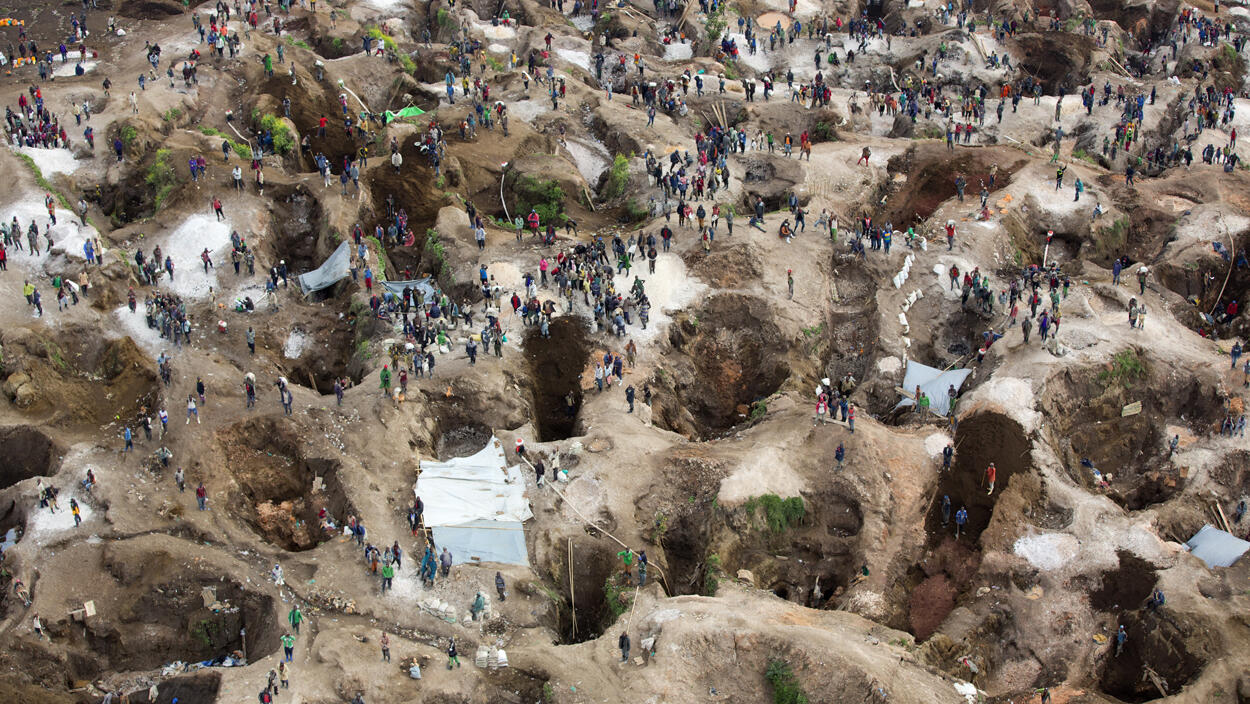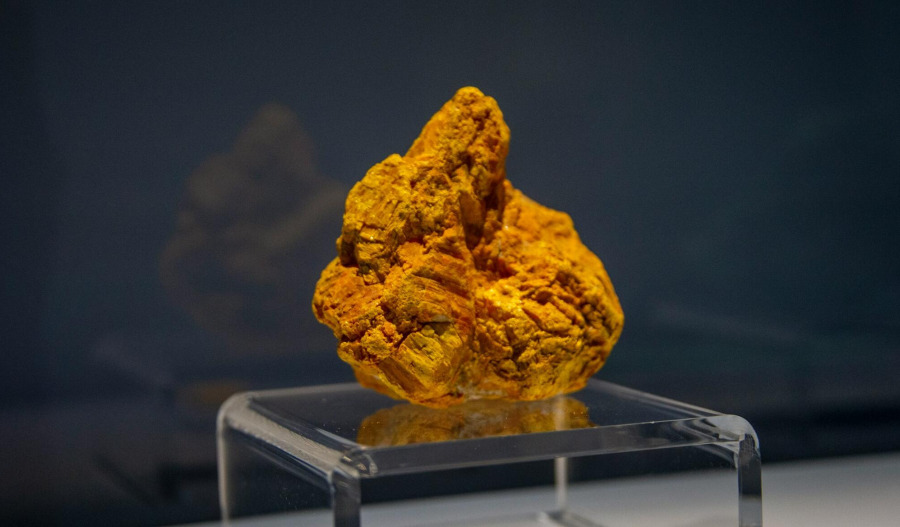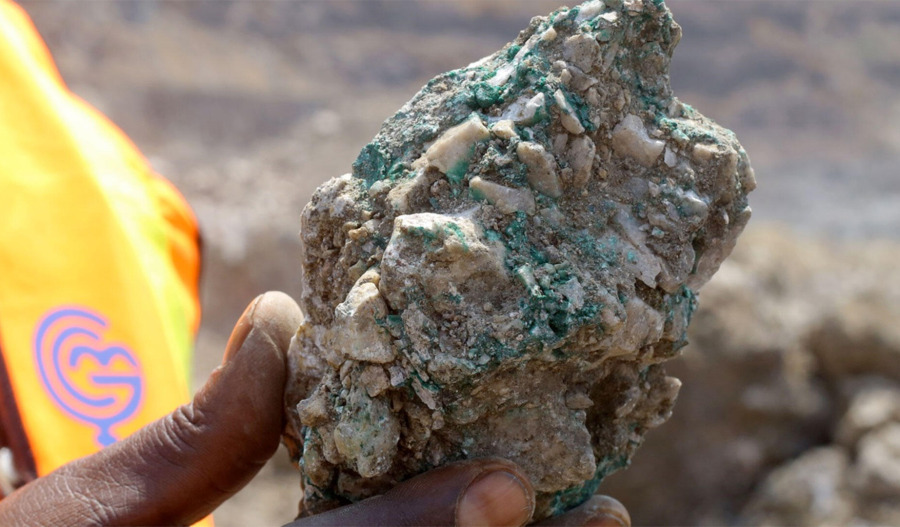Washington has slapped fresh sanctions on armed groups and mining companies fuelling the Democratic Republic of the Congo's blood minerals trade, just as fragile peace deals face a reality check from escalating violence.
The trade war playbook is expanding.
The United States Treasury's latest move targets PARECO-FF, an armed group that controlled the critical coltan mining hub of Rubaya from 2022 to 2024, along with Congolese mining outfit CDMC and two Hong Kong-based export firms linked to mainland China.
And this isn't small potatoes - Rubaya pumps out about 15-30% of the world's coltan supply - the stuff that makes your smartphone work.
"The conflict minerals trade is exacting a deadly toll on Congolese civilians, fuelling corruption, and preventing law-abiding businesses from investing in the DRC," Under Secretary John K. Hurley said.
It's all part of the Trump administration's broader push for American access to critical minerals - because when you're in a trade war with China, every strategic resource matters.
Blood minerals
Here's how the racket works: PARECO-FF emerged in 2022 as pushback against the Rwanda-backed M23 movement, which has been gobbling up territory across eastern DRC like it's going out of style.
During its Rubaya reign, the group was basically running a criminal enterprise - illegal taxation schemes, forced labour, minerals smuggling, the whole nine yards.
All of this directly bankrolled continued violence and kept the region unstable.
The sanctions web extends to mining company CDMC, which operated Rubaya's largest concession and was happy to buy minerals from PARECO-FF controlled areas.
Those minerals then flowed to Hong Kong firms East Rise Corporation and Star Dragon Corporation - showing exactly how conflict resources slip into global supply chains.
"The United States is sending a clear message that no armed group or commercial entity is immune from sanctions if they undermine peace, stability or security in the DRC," State Department spokeswoman Tammy Bruce said.
Ceasefire? What ceasefire?
Despite a U.S.-mediated peace agreement signed in Washington back in June, security conditions are going to hell in a handbasket.
Congolese army spokesman Sylvain Ekenge is accusing M23 of "almost daily" attacks, calling them violations of July's Qatar-brokered ceasefire deal.
Fighting has ramped up around Mulamba in South Kivu province since Friday, with M23 forces pushing back pro-government militia and army positions several kilometres using everything from light weapons to heavy artillery.
M23 spokesman Lawrence Kanyuka fired back, saying the DRC government was pursuing “offensive military manoeuvres aimed at full-scale war”.
With an August 18 deadline for a permanent peace deal, the renewed violence is basically torching any hopes of lasting stability.
A warning shot
Eastern DRC sits on massive coltan, cobalt, and tantalum deposits - the kind of strategic minerals that make Tesla's batteries work and Pentagon procurement officers lose sleep over.
Yet time after time, armed groups keep compromising supply chains and spooking legitimate investment.
The new sanctions show Washington is serious about targeting entire supply networks, from mining operations - right through to international trading houses.
And nobody wants to end up on the U.S. Treasury's naughty list.
The Treasury's approach suggests this scrutiny isn't going anywhere, especially for minerals flows transiting through Rwanda before hitting major processing centres in China.
With thousands of civilian deaths and mass displacement continuing across eastern DRC, the intersection of resource extraction and conflict financing remains the elephant in the room for regional stability and global supply chain integrity.
The message from the White House will likely resonate to miners with questionable practices across the world: clean up your act or face the music.



